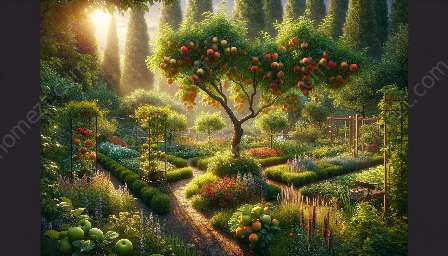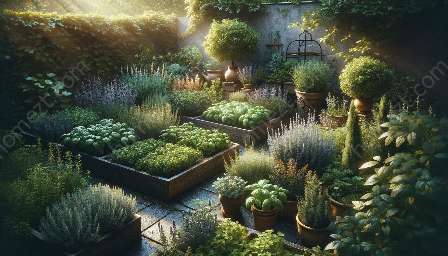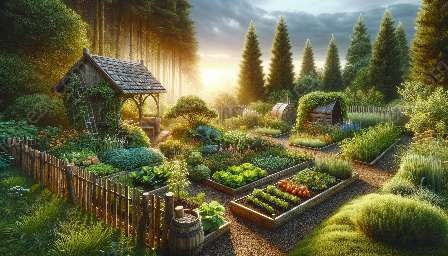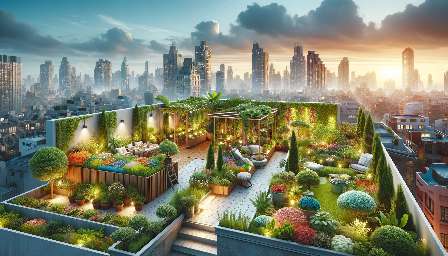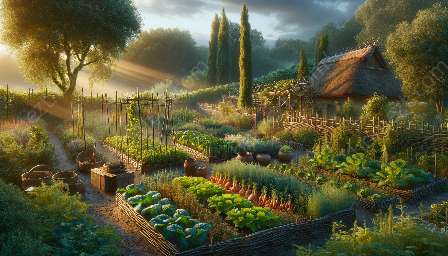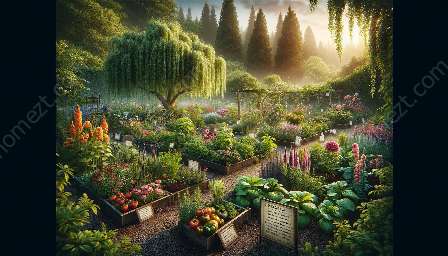Organic gardening is not just a trend; it's a way of life that promotes sustainability and works in harmony with nature. This approach not only supports healthy ecosystems and biodiversity but also provides a wealth of benefits for the gardener and the community as a whole. In this article, we'll explore the principles, techniques, and benefits of organic gardening, the connection to heritage gardening, and how it intertwines with the art of landscaping.
The Principles of Organic Gardening
Organic gardening follows the principles of using natural processes and materials to cultivate plants and promote a healthy environment. This means avoiding synthetic chemicals and pesticides, instead harnessing the power of nature to create balanced ecosystems and nourish the soil and plants.
The Role of Heritage Gardening
Heritage gardening, also known as traditional or heirloom gardening, is closely linked to organic gardening as it focuses on preserving and propagating historically significant plant varieties and gardening practices. It embraces the idea of sustainability and promoting biodiversity through the preservation and cultivation of heritage plants. This connection between heritage gardening and organic gardening celebrates the rich history of horticulture while also contributing to the preservation of genetic diversity.
The Art of Landscaping in Organic Gardening
When incorporating organic gardening principles, it's essential to consider the role of landscaping. Organic gardening can seamlessly integrate with landscaping to create visually stunning and environmentally friendly outdoor spaces. Landscape designs that incorporate native plants, natural materials, and sustainable practices align perfectly with organic gardening, showcasing the beauty and benefits of harmonizing with nature while creating aesthetically pleasing surroundings.
The Benefits of Organic Gardening
Organic gardening offers a multitude of benefits, including producing nutritious and flavorful fruits and vegetables, reducing exposure to harmful chemicals, promoting biodiversity, conserving water, and minimizing environmental impact. Additionally, it encourages a deeper connection to the natural world and provides an opportunity for education and sharing knowledge with future generations about sustainable practices.
Conclusion
Organic gardening is not just a method of cultivation; it's a philosophy that respects the environment and promotes long-term sustainability. Embracing the principles of organic gardening, integrating heritage practices, and considering landscape design as an essential component can lead to a fulfilling and enriching gardening experience that benefits both the earth and those who tend to it.




